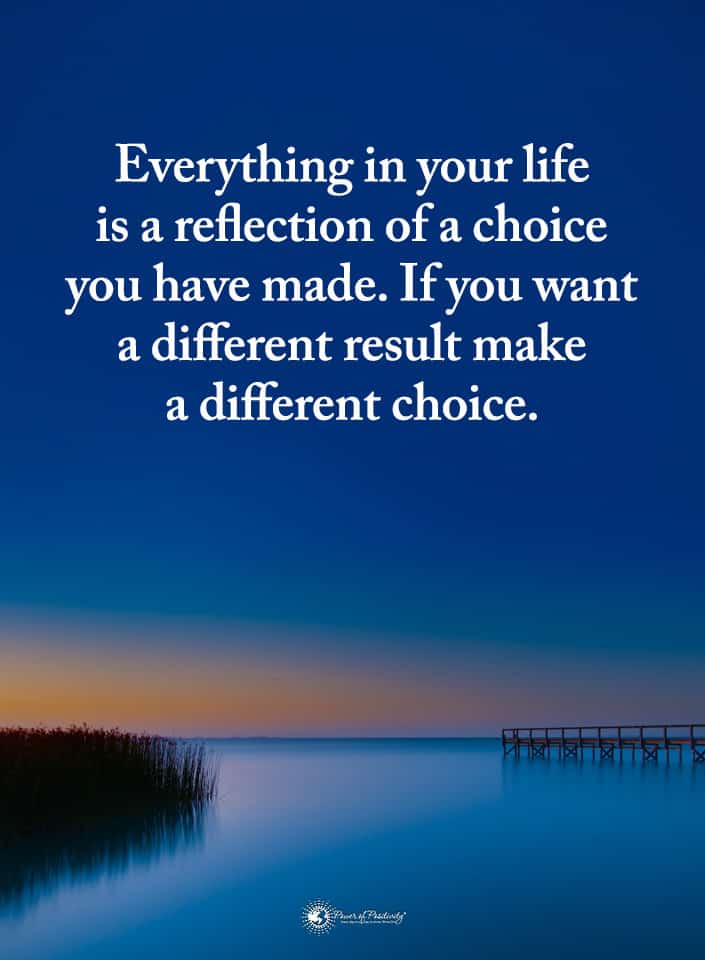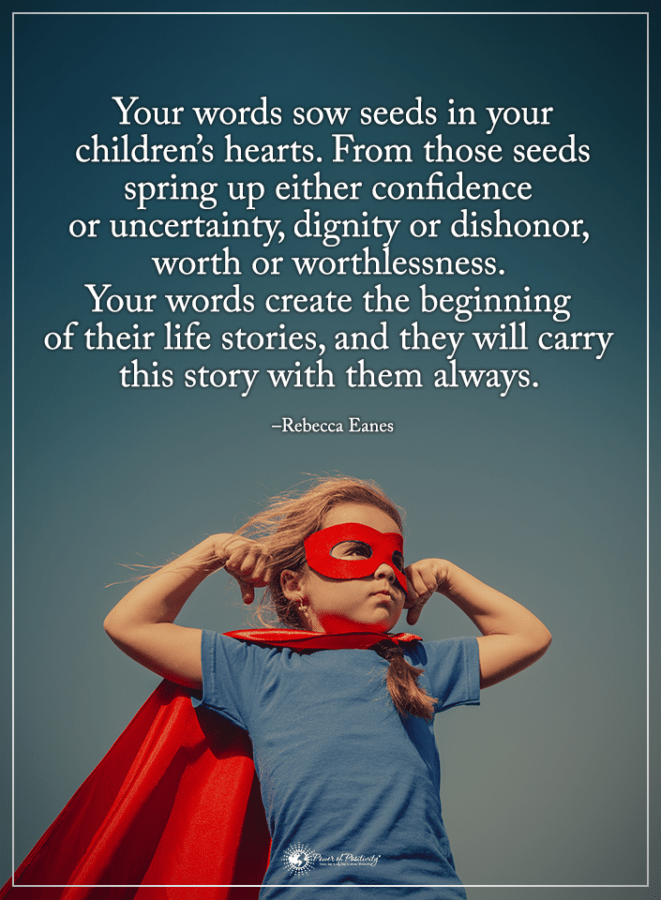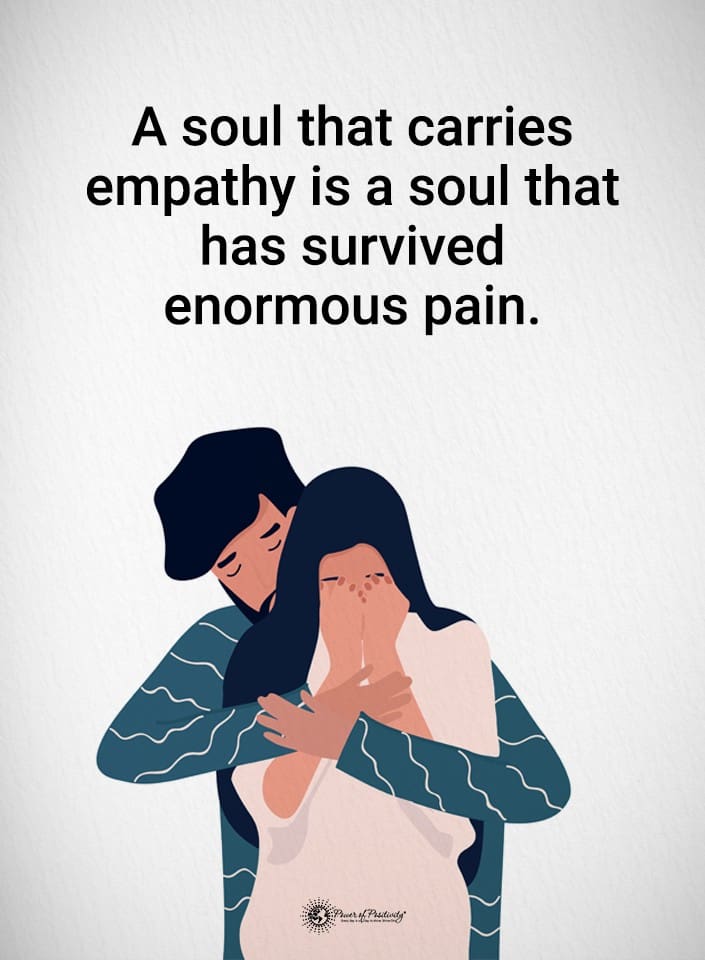Knowing whether or not your relationship will last isn’t always obvious. It can go through all kinds of different changes, from life changes to stressful changes. How you handle your relationships and all of the things that life throws at you can tell you how well it will last.
“I think for any relationship to be successful, there needs to be loving communication, appreciation, and understanding.” – Miranda Kerr
There are also certain things that all long-lasting relationships have as well that can let you know whether or not your connection is made to last. If you’re in a long-term commitment, or maybe you’ve just started a new fling and you’re still in the honeymoon phase, here are the best ways to tell that your partnership is built to last forever.
Here Are 10 Signs Your Relationship Is A Success
1. You have faith in each other
Not only that, but you have faith in yourselves, too. Having faith in the relationship itself is one of the most important things that will help keep your connection strong and stable. If you have faith that the other person is always going to be there for you, no matter what, then you know your partnership is strong. Knowing that you have faith in one another, in yourselves, and in the connection means that it is bound to last for a long, long time – and most likely, forever.
2. You trust each other
A relationship isn’t very strong if there isn’t trust between both parties. If you’re wondering whether or not your partnership will last forever, it’s important to evaluate how much you trust your partner. If both of you trust each other, then the bond is certain to be strong. You trust your partner to communicate with you, and to not hurt you, cheat on you or lie to you.
Power couples “have each other’s backs and do not keep secrets. They behave in ways that better both each other and the relationship—not just themselves,” says marriage expert Marni Feuerman
Trust is one of the most important things that a relationship can have.
3. You accept one another
Everyone has a past, and everyone has things that they’re not proud of. Knowing that your partner accepts you for who you are and all of your flaws, and all of the things that you’re not proud of, means that your partnership is strong. Not only that, but when you accept your partner as well, you know that your relationship will easily last forever.
4. You’re grateful
It can be easy to take our partners for granted. We don’t always mean to do it, but sometimes it can happen. Still, having gratitude towards your partner is one of the things that every relationship needs. When you feel grateful for your partner and all the things that they do for you in your day-to-day life, then you’ll know that it’s bound to last forever.
5. There’s strong communication
No relationship can happen without communication and “Many individuals find themselves in relationships where they have ‘fun together,’ but are unable to openly communicate their feelings, desires and wishes,” says marriage coach Eric Hunt.
When communication begins to break down, that’s when the relationship begins to break down as well. But, when a relationship has good, strong communication, then it means that a relationship is bound to last. Being able to talk about your emotions, the things that bother you, and even the good things is what a relationship is all about.
Strong communication is key to a relationship that lasts forever and “Couples who are able to effectively communicate are able to better understand one another and experience greater intimacy,” adds Hunt.

6. Intimacy is still very much alive
Relationships don’t always have to revolve around sex, or even involve sex at all. But a relationship that does have it should be satisfying for both partners. The physical intimacy between both partners should make each of them feel good, desired and loved. It shouldn’t be one sided or unsatisfying. Having mutual physical intimacy is a great way to know your relationship is on track to last forever.
As therapist Kimberly Hershenson stated, “Whether it’s a kiss hello or goodbye, snuggling on the couch or holding hands; even non-sexual touching builds connection between partners.”
7. You respect each other
No relationship can last if there’s no respect. Respect for one another’s emotions, opinions, autonomy and life goals- all of those things are extremely important for a relationship to last forever. If there’s no respect, you may find that your relationship will suffer. As long as you have respect for your partner in the way that you would want them to respect you, then things will work out.
8. You share common goals
You want to start a family together, you want to own a house, you want to live somewhere on the coast: these are common goals. Even if you don’t have the same goals, the goals that you do have are complementary. Your goals work together to make your lives together work in harmony. When you have common goals, your relationship will stay strong.
9. You both put in the effort
Relationships are work! No one has ever said otherwise. But a bond that lasts has effort put in on both sides. The relationship never feels one-sided, and it never feels like one person is putting in more effort than the other. When things are tough, both partners try hard to make sure things stay strong. When both people put effort into the relationship, it will stay strong forever.
Relationship therapist Janet Zin said, “If both partners are able to endure an illness, money difficulties, family issues, or a life-changing experience that has caused great stress, and the support they are able to give one another is a lasting memory that can bare the fullness of time.”
10. You’re both determined
Do you want to make this work? Do you want your relationship to last forever? That determination has to come from both partners or else the relationship is entirely one-sided! But when both partners feel that same determination, the relationship will undoubtedly last forever.
Final thoughts
It’s easy to feel like your relationship will last forever – but it takes a little more effort to make sure that it will! With trust, faith, communication and a lot of love, any relationship can stay strong enough to keep going. If your relationship hits all of these points, then it’s a strong probability that your relationship was built to last.












